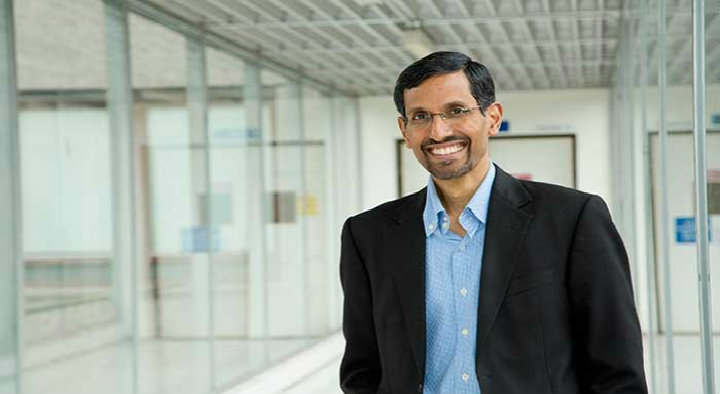Smokers asked to help measure effects of electronic and tobacco cigarettes on World No Tobacco Day
Published On Fri 26 May 2017 by Grant Hill

World No Tobacco Day arrives next Wednesday, May 31st, at a time when increasing numbers of smokers are switching to e-cigarettes and vaping.
New tobacco legislation which has just come into effect is also anticipated to have an impact, with the packaging and size of cigarette packs changing. The cheapest packs now cost close to £9.
As more smokers make the move from tobacco cigarettes to electronic versions, researchers at the University of Dundee are asking them to help with a research project looking into the effects of e-cigarettes.
“This is a vital question we need to answer – what actually are the effects of e-cigarettes?” said Dr Jacob George, from the University, who is leading the VESUVIUS study. The study is funded by the British Heart Foundation.
“There is little scientific evidence which really shows the benefits or otherwise of using e-cigarettes as opposed to tobacco. We want to test the effects of e-cigarettes, with and without nicotine, on the blood vessels, a key health indicator, and compare them to tobacco cigarettes.
“To do that we really need the help of people who smoke, not only those who may be thinking of stopping or switching to e-cigarettes but also smokers who don’t want give up but want to be involved. They can really help us and without too much time required on their part, so I would appeal to all smokers to get involved and make a real difference.”
The VESUVIUS team will be in the main concourse in Ninewells Hospital in Dundee on World No Tobacco Day to share information about the study and smoking cessation in general.
Anyone who is interested in joining the study or finding out more about it should contact trial manager Pippa Hopkinson or research nurse Ruth Symon on 01382 383239 or by email at vesuvius@dundee.ac.uk
The study is looking to recruit 135 patient volunteers, aged 18 years and over, who have been smokers for a minimum of two years. Those wanting to try an e-cigarette will be randomly allocated to either an e-cigarette with nicotine or an e-cigarette without nicotine and be asked to stop smoking their tobacco cigarette for 4 weeks. Smokers who know they won’t manage to give up their tobacco cigarette can still take part by being part the comparison arm of the study.
Volunteers will be asked to make two visits to Ninewells Hospital, 28 days apart. Each visit would take place in the morning and should be completed within around two hours.
People with a history of cardiovascular disease, women who are pregnant or breast feeding and anyone with a nut allergy cannot take part in the study.
For media enquiries contact:
Grant Hill
Press Officer
University of Dundee
Nethergate, Dundee, DD1 4HN
Tel: +44 (0)1382 384768
Mobile: 07854 953277
Email: g.hill@dundee.ac.uk